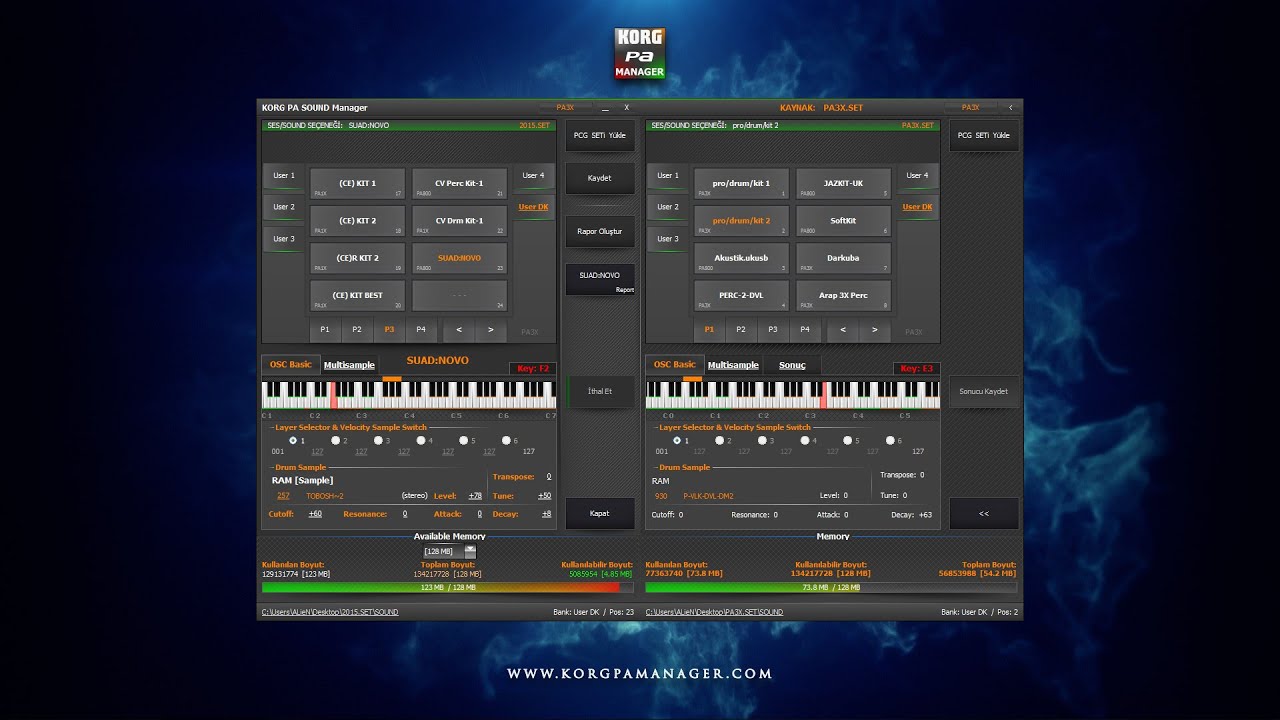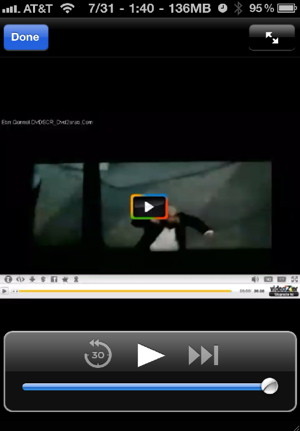
When PenPoint flopped, the app was ported to Mac and Windows.

In small tablets, it was important to be able to create images that would look the same when viewed on larger and higher-resolution screens. SmartSketch created files based on vector graphics, similar to the modern SVG image format. In 1993, a company called FutureWave was founded by Charlie Jackson, Jonathan Gay and Michelle Welsh, releasing the SmartSketch drawing app for the PenPoint OS, which was one of the first operating systems for graphical tablets. This is the story of how a big part of the early web culture was formed. In that kind of context, interactive videos that loaded quickly and fully utilized the resolution of every screen looked like a miracle. In the era of dial-up modems, internet video was either of low resolution, despairingly slow to load, or both. For that at least, even Apple fans can be thankful.Video plug-ins such as Apple QuickTime and the Windows Media Player showed video content that was made of individual frames, somewhat similar to how animated GIFs work, but with the added capability of showing some of those frames while the rest were downloading, and adding compression to improve loading speed at the expense of quality.

Most notably, the Flash games scene pre-empted the current mobile games market, which would ultimately go on to adopt many Flash game mechanics, genres, and indeed developers. Whatever the case, Flash will be remembered positively for a couple of reasons. To what extent these complaints accelerated the end of a standard that was already widely viewed as clunky and outdated is debatable, but they certainly drew extra heat and attention. Essentially, the back-and-forth war of words (and legal threats) in the press was the Apple vs Facebook of its day. He also found Flash’s security lacking, condemned its lack of touch support, and criticized it for effectively being a closed system and an unnecessary layer between platform and developer.

He cited the standard’s infamously inelegant and inefficient nature, which would see Flash content eating through the battery life of the portable devices of the time, and prompting computer crashes. Jobs ultimately clarified his stance in 2010 via a stinging open letter titled ‘Thoughts on Flash’.


 0 kommentar(er)
0 kommentar(er)
